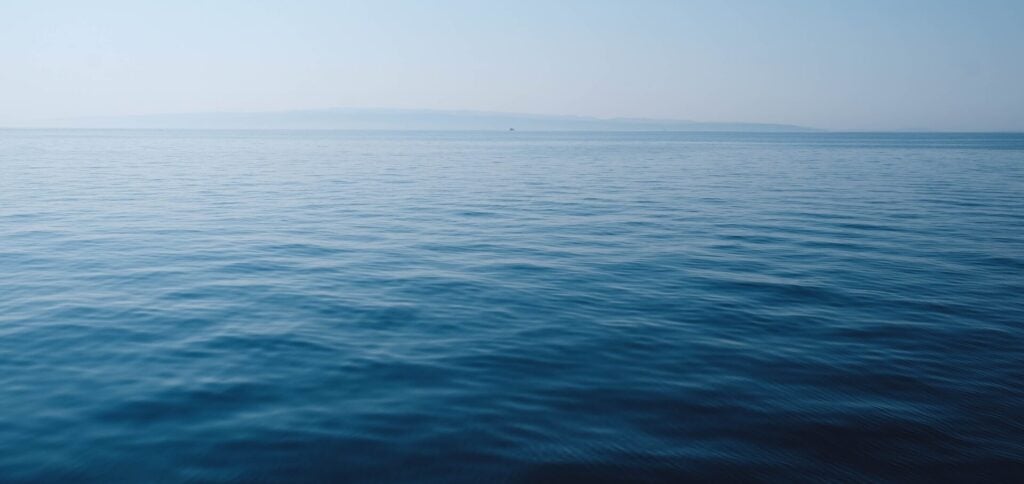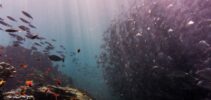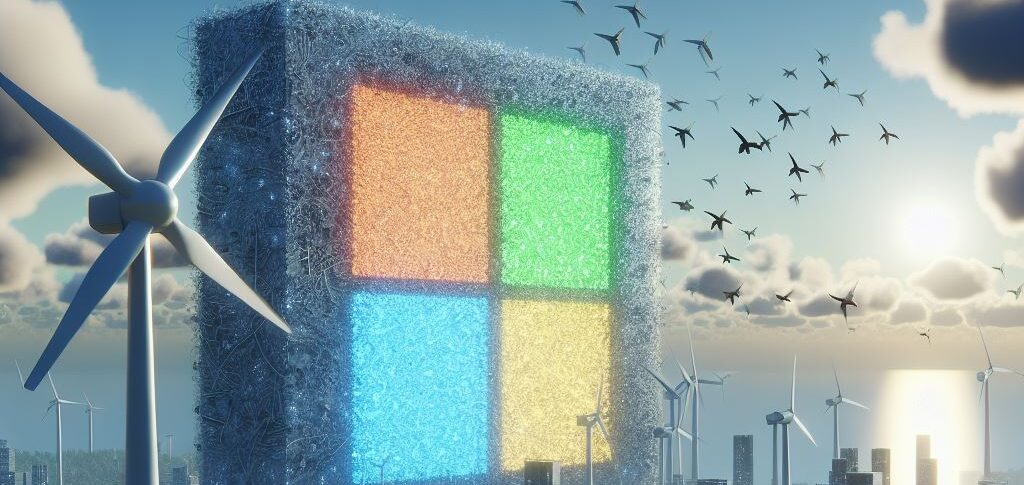However, the text was not formally adopted, as it had to be vetted by legal services and translated into the six official UN languages.
ADVERTISING
At the end of this work of “terminological coherence” and harmonization of the different linguistic versions, the resolution approved this Tuesday calls for calling a new meeting to adopt the agreement “at first, on June 19 and 20, 2023".
International waters begin where States' Exclusive Economic Zones (EEZ) end, which extend up to 200 nautical miles (370 km) from the coast, and do not belong to any country.
Although they represent more than 60% of the oceans and around half of the planet, international waters have been ignored for a long time by the environmental agenda, overshadowed by coastal areas and some emblematic species.
ADVERTISING
Advances in science have demonstrated the importance of protecting these oceans, which have a rich biodiversity, often microscopic, provides half the oxygen we breathe and limits the global warming, by absorbing an important part of the CO2 emitted by human action.
However, the oceans are becoming fragile, victims of these emissions (heating, water acidification, etc.), pollution of all types and excessive fishing.
The future treaty should allow the creation of maritime protection reserves in these international waters, of which only 1% are currently subject to conservation measures.
ADVERTISING
The treaty also provides for the obligation to carry out environmental impact studies before carrying out activities on the high seas, such as mining.
(With AFP)
Read also
* The text of this article was partially generated by artificial intelligence tools, state-of-the-art language models that assist in the preparation, review, translation and summarization of texts. Text entries were created by the Curto News and responses from AI tools were used to improve the final content.
It is important to highlight that AI tools are just tools, and the final responsibility for the published content lies with the Curto News. By using these tools responsibly and ethically, our objective is to expand communication possibilities and democratize access to quality information. 🤖





